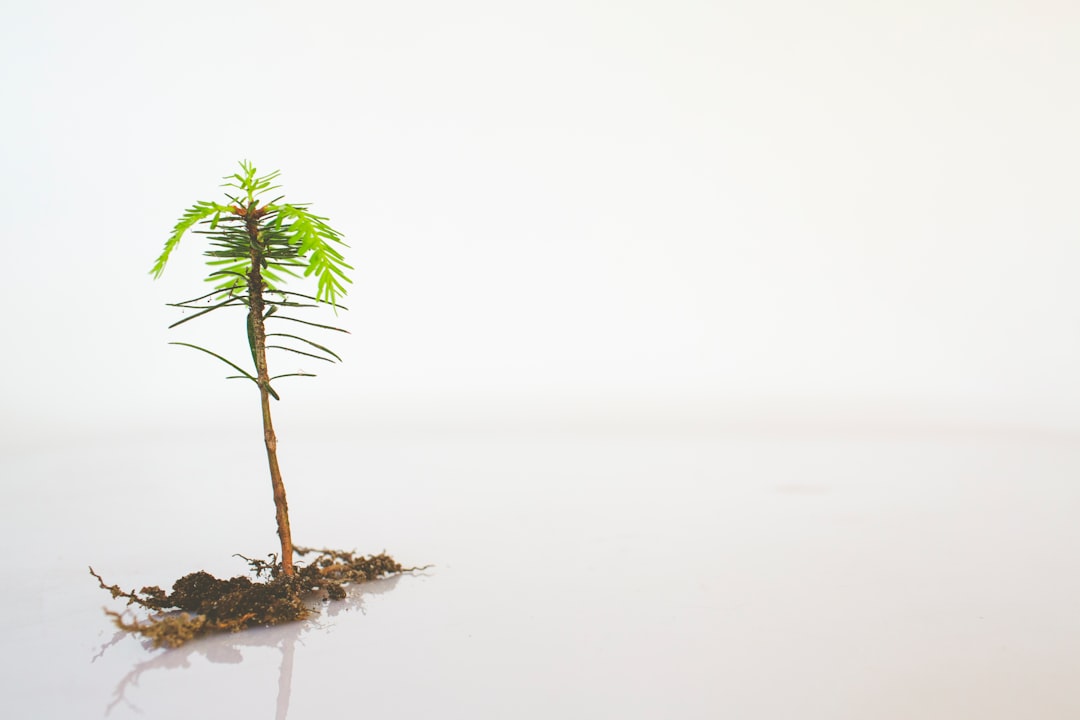Begin afresh, afresh, afresh
May 2023 be a year of new starts and triumphant revivals, whenever your writing needs them.
Paying subscribers can listen to this newsletter in audio form here or on any podcast app.
Keep reading with a 7-day free trial
Subscribe to In Writing with Hattie Crisell to keep reading this post and get 7 days of free access to the full post archives.



